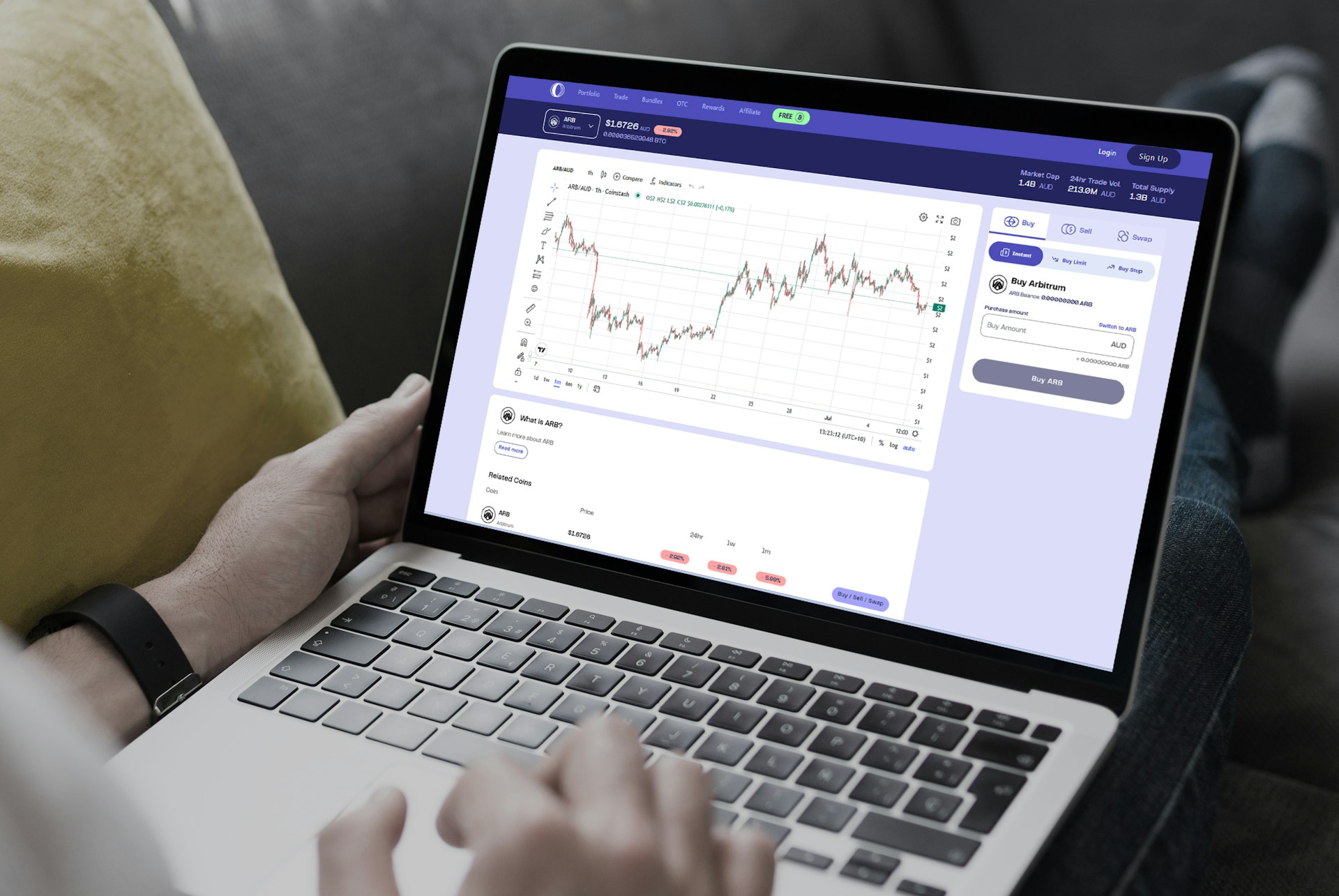Starting a Business from Scratch in 2025

Maybe you’re picking yourself up after a tough failure. Or perhaps you’re finally ready to try that business idea that’s been sitting in your notebook for years.
Wherever you’re starting from, this guide is here to walk you through it, clearly, honestly, and in plain English. No hype. Just the real stuff that matters.
Let’s dive in.
Why 2025 Is a Great (and Tricky) Time to Start a Business

Starting a business in 2025 feels both exciting and overwhelming. The tools to build are more powerful than ever, but so are the risks. You can launch a business from your phone, but you also face serious competition, rising costs, and global uncertainty.
The world’s not slowing down, but that’s not necessarily bad news. If you’re smart, prepared, and stay curious, you can still win.
The Good, The Bad, and The Ugly of Starting Up in 2025

Let’s break it down honestly.
The Good Stuff
You can start faster and cheaper -
Thanks to tools like ChatGPT, Canva, Stripe, and Notion, you can launch a product, design a brand, and set up payments in a weekend. No tech team needed.
You don’t need an office -
Remote work is normal now. You can hire a designer in Kenya, a developer in Poland, and a marketer in the Philippines, all from your bedroom.
Big support for green and ethical businesses -
Governments, nonprofits, and even banks are giving out grants and loans to businesses that help the environment or improve people’s lives.
The Bad Stuff
It’s crowded out there -
Tons of people are starting businesses, especially in trendy areas like AI, skincare, and online courses. It’s harder to stand out unless your offer is crystal clear.
Getting customers is expensive -
Facebook ads and Google ads cost more than ever. Organic growth (through social media or SEO) takes time and skill.
People are skeptical -
After crypto scams and AI hype, people are cautious. They want real value, not empty promises.
The Ugly Truths
Mental health struggles are common -
Many founders work alone, under pressure, and feel like they can’t talk about their fears. Burnout, anxiety, and depression are real risks.
Rules and laws are getting stricter -
New laws in Europe and the U.S. about data, AI, and finance can make things hard, especially if you’re not a lawyer or don’t have one.
One mistake can cost everything -
Ignoring taxes, messing up product safety, or using someone else’s content without permission can get you sued, or shut down.
Avoiding the Common Land Mines

Every year, thousands of startups blow up before they even get started. Why? Here are the top traps, and how to dodge them.
Building a Solution No One Asked For
This is the #1 startup killer.
What to do instead:
- Talk to potential customers. Ask what they struggle with.
- Don’t build a full product right away. Start with a simple version (a landing page, a demo, or a quick prototype).
- Try to sell your idea before you build it. If no one wants to buy it, go back and tweak.
Running Out of Money Too Soon
Many founders blow all their money on fancy branding, hiring, or tools before they earn a single dollar.
What to do instead:
- Start small. You don’t need a big team or office at the start.
- Track every expense. Free tools like Wave or Google Sheets can help.
- Focus on making money early, even if it’s small.
Choosing the Wrong Co-Founder or Investor
Building a business is like a marriage. If you pick the wrong partner, things can get messy.
What to do instead:
- Pick someone who shares your values, not just your skills.
- Talk openly about money, roles, and goals.
- If you raise money, make sure your investors support your long-term vision, not just short-term profits.
Growing Too Fast, Too Soon
Sometimes success comes quickly. But growing too fast can break your business.
What to do instead:
- Nail your product first. Then grow.
- Keep systems simple and scalable.
- Don’t hire unless you really need to.
Startup Failures in 2025 – What We Can Learn

It’s easy to get excited about startup success stories. But failure stories are often more helpful.
Here are some real companies that crashed in 2025, and why.
Builder.ai
This company promised AI-powered app development. Investors gave them over $250 million. Then things fell apart.
Why it failed:
- They exaggerated what their tech could do.
- Customers got frustrated.
- Money ran out fast.
Lesson: Be honest about what your product can (and can’t) do.
Canoo
An electric vehicle startup that couldn’t deliver on big promises.
Why it failed:
- Leadership changed too often.
- Costs were too high.
- They depended on one or two big deals, which fell through.
Lesson: Build slowly. Spread your risks.
TuSimple
An AI trucking company that faced safety issues and legal trouble.
Why it failed:
- They ignored warnings from regulators.
- There were serious safety concerns.
- Investors pulled out.
Lesson: If you’re in a sensitive industry (like AI or health), safety and laws matter more than speed.
Byju’s
This was once the biggest edtech company in India. By 2025, it was drowning in debt and lawsuits.
Why it failed:
- Expanded too fast into other countries.
- Spent more than it earned.
- Poor management decisions.
Lesson: Growth is good, but only if your core business is solid.
Trade Wars, Tariffs, and What They Mean for You
In 2025, the global economy is… tense. Countries are arguing over trade, tech, and politics. This affects founders in big ways.
Here’s how:
What’s Going On
- The U.S. and China are still in a trade war. Electronics, batteries, and tech parts cost more to move between them.
- Europe is taxing digital services. If you sell online there, your costs may go up.
- Africa is working to improve internal trade. There’s promise, but logistics still need work.
What You Can Do
- Source smarter: Instead of shipping from China, consider India, Mexico, or local suppliers.
- Split your supply chain: Make parts in one place and finish in another to lower taxes.
- Tell your brand story: If you use local, ethical, or eco-friendly products, talk about it. People care, and may pay more.
Getting Help: You Don’t Have to Do It Alone
No one builds a great business by themselves. Here’s where to get help, advice, and support.
Mentorship and Startup Programs
- Y Combinator’s Startup School: Free online lessons and community.
- Techstars: Great if you’re building a tech business.
- Founders Institute: Beginner-friendly accelerator.
Where to Find Money
- AngelList: Connects startups with early investors.
- SeedInvest: Crowdfunding for equity.
- Google for Startups / AWS Activate: Free credits, training, and support for startups.
Where to Keep Learning
- edX: Free courses from top schools.
- Indie Hackers: Stories and advice from small business owners.
- Slack groups like “SaaS Founders” and “Female Founders Circle” can offer community and feedback.
Taking Care of You: Avoiding Founder Burnout
This might be the most important section of all. Founders often push themselves too hard. They skip sleep, stop exercising, and isolate themselves, all in the name of “hustle.” But your business won’t succeed if you’re falling apart.
What Helps
- Set work hours and stick to them.
- Take real breaks—not scrolling Instagram.
- Talk to other founders. They understand.
- Ask for help before you feel like giving up.
Apps like Headspace, podcasts like “Mindset Mentor,” and communities like “Coa” (for mental fitness) are great starting points.
Final Thoughts: You’ve Got This.
Starting a business in 2025 is not for the faint of heart. But if you’re ready to learn, adapt, and grow, you’ve already won half the battle.
Remember:
- You don’t need a perfect plan.
- You don’t need all the answers.
- You just need to start small, keep learning, and stay open to change.
Read - The Game-Changing Marketing Strategy of Patagonia - "Don't Buy This Jacket"

square.jpg)










